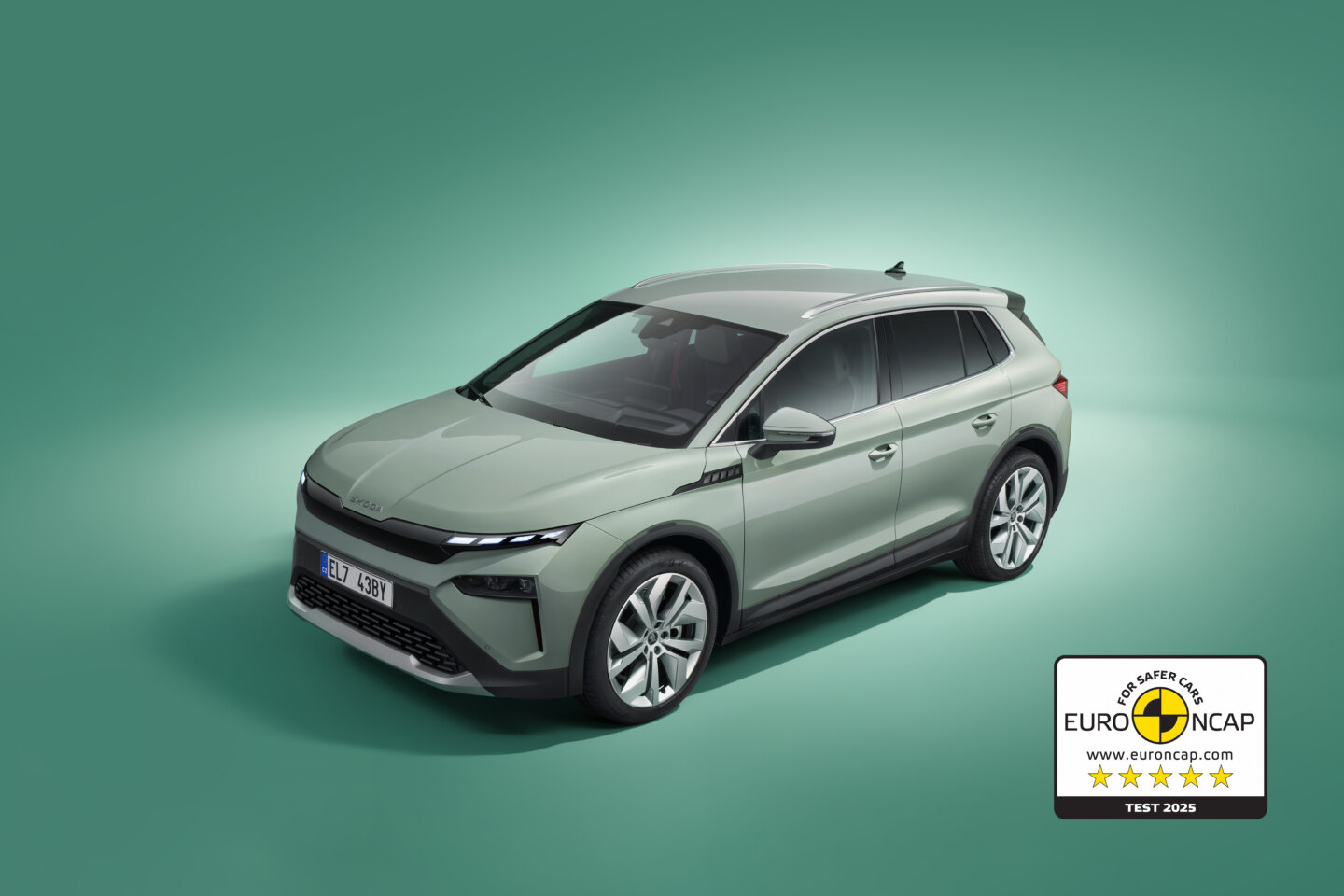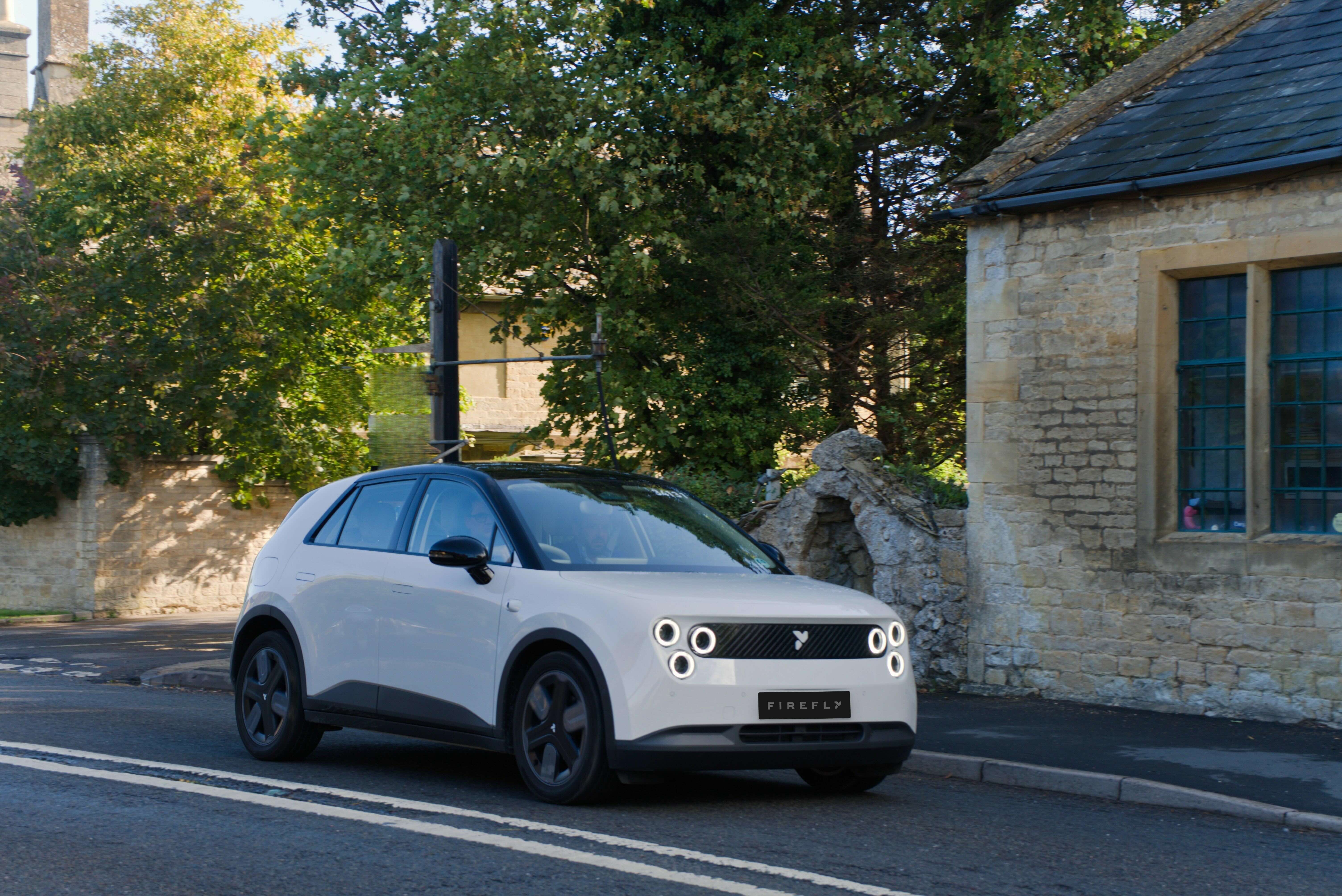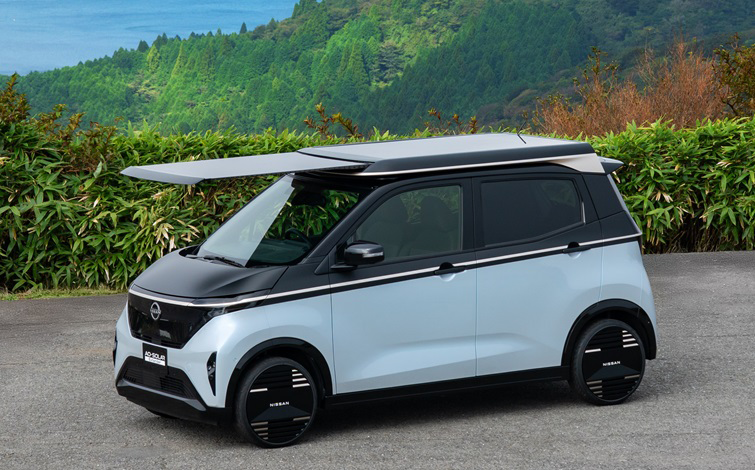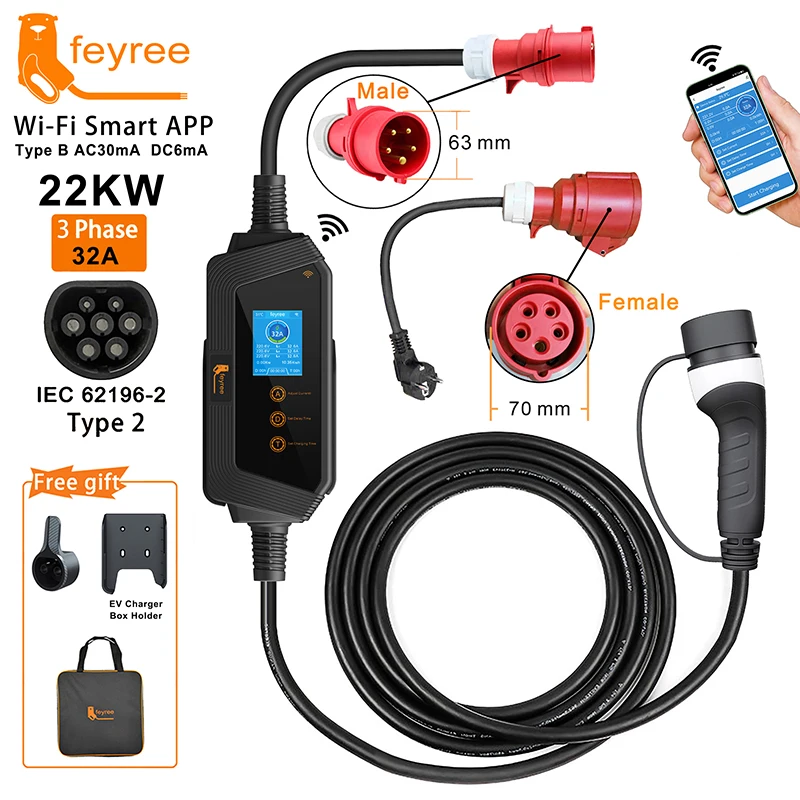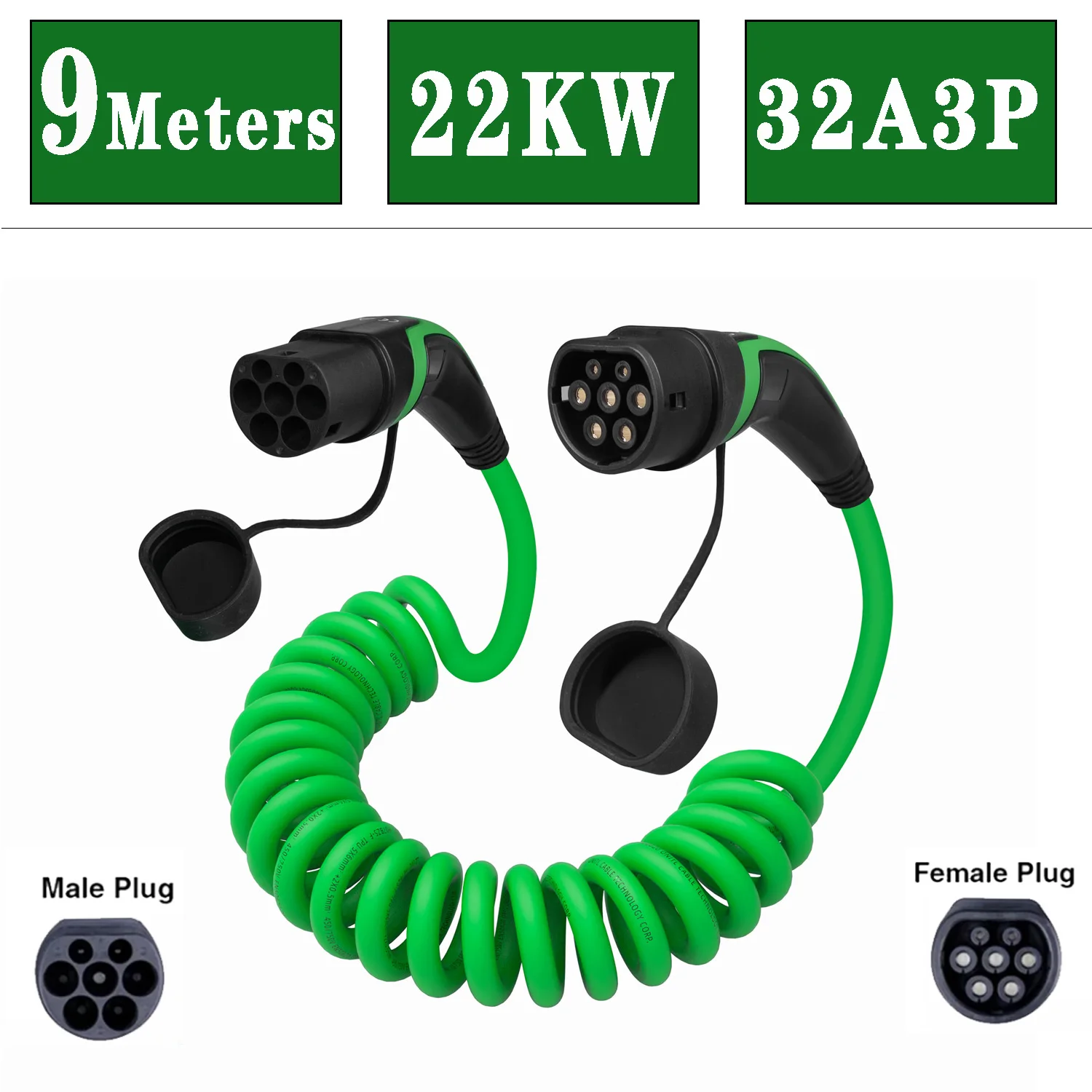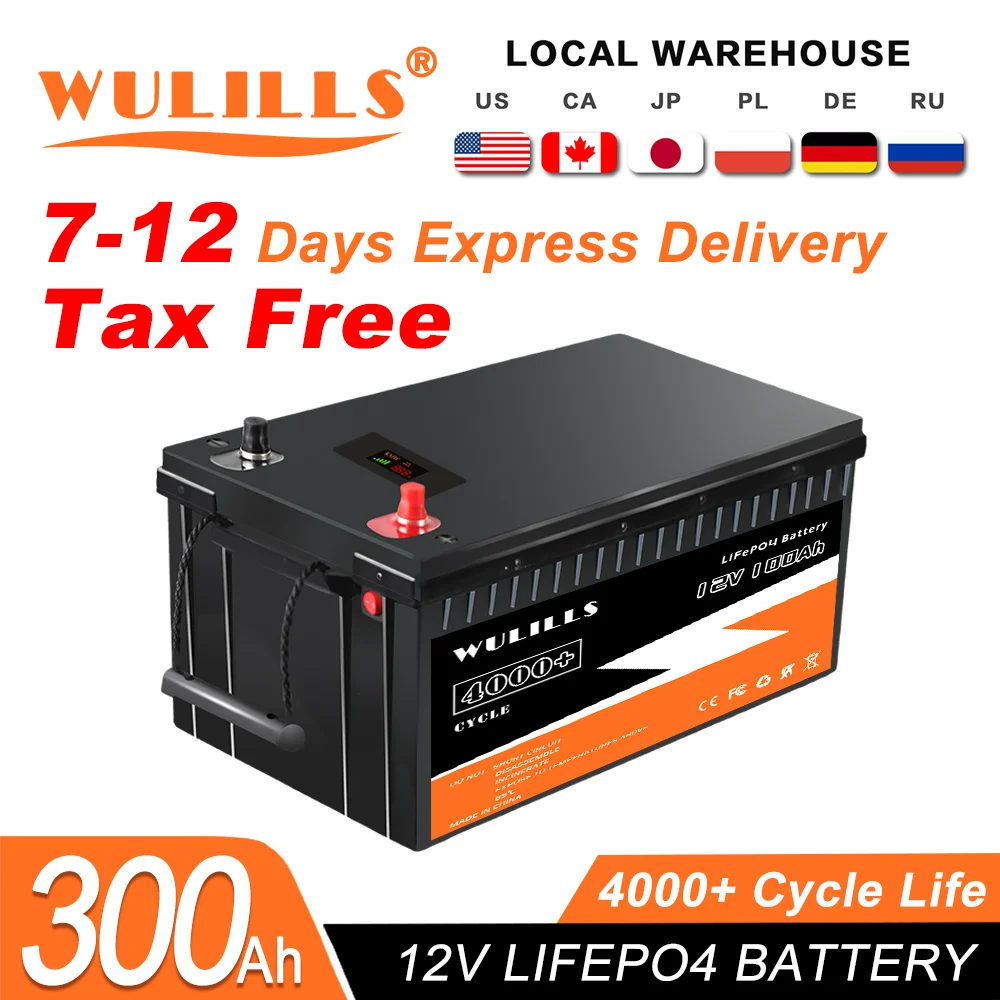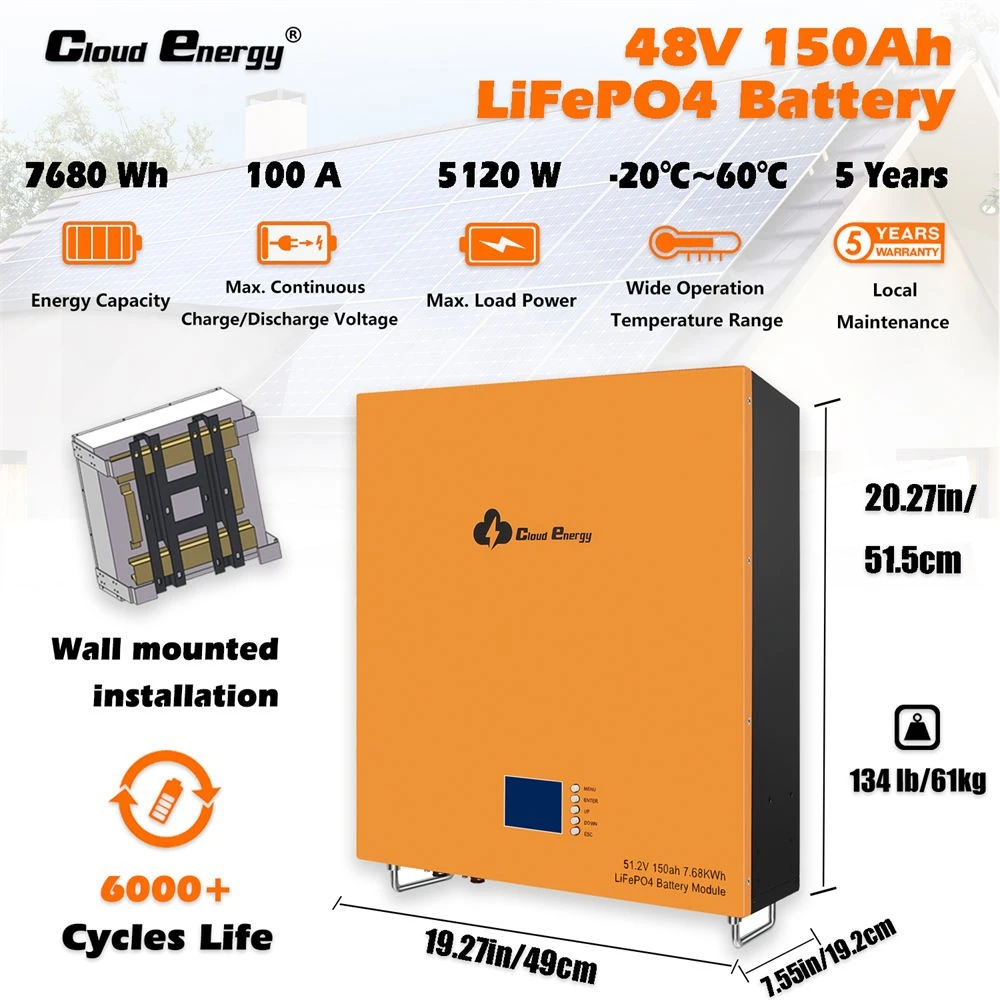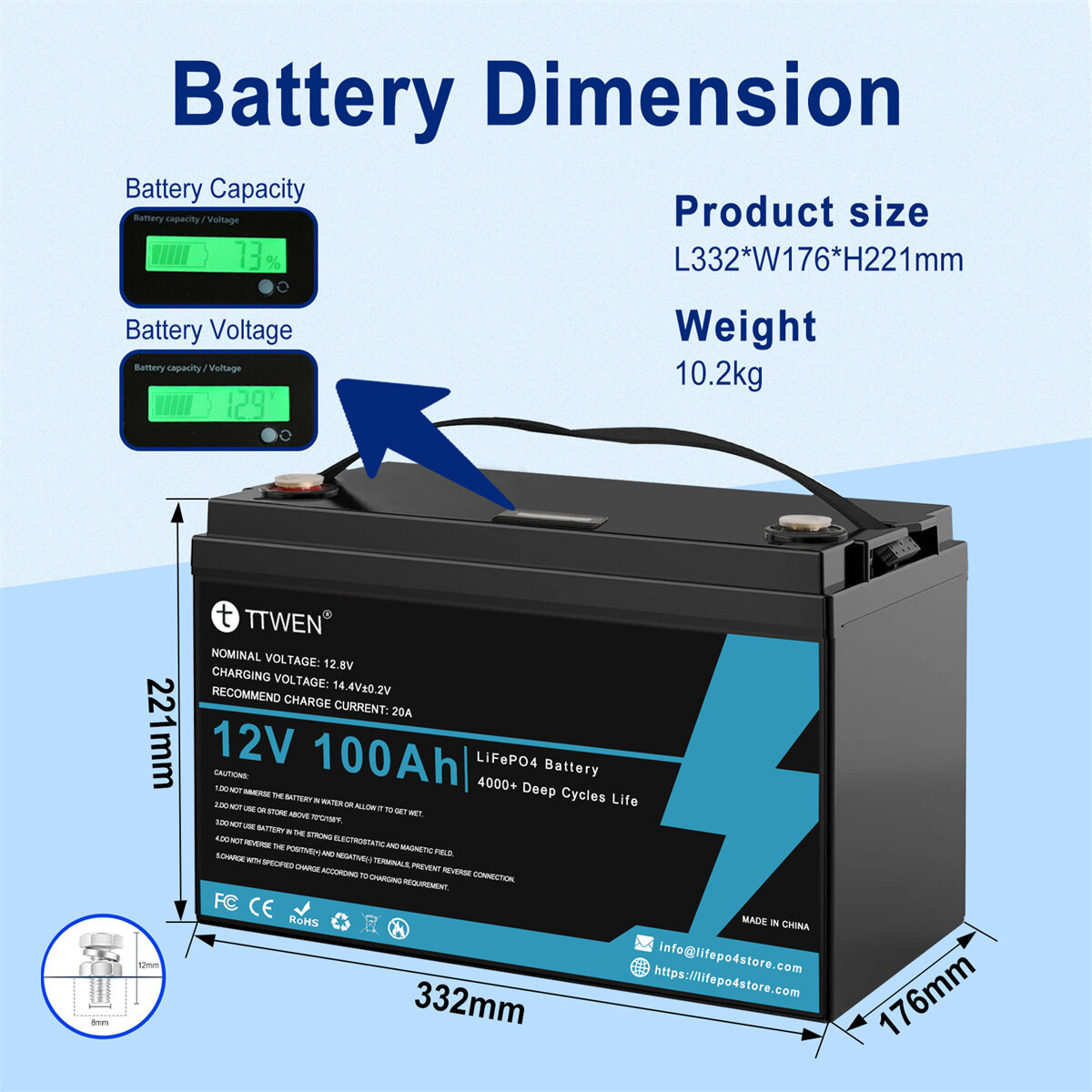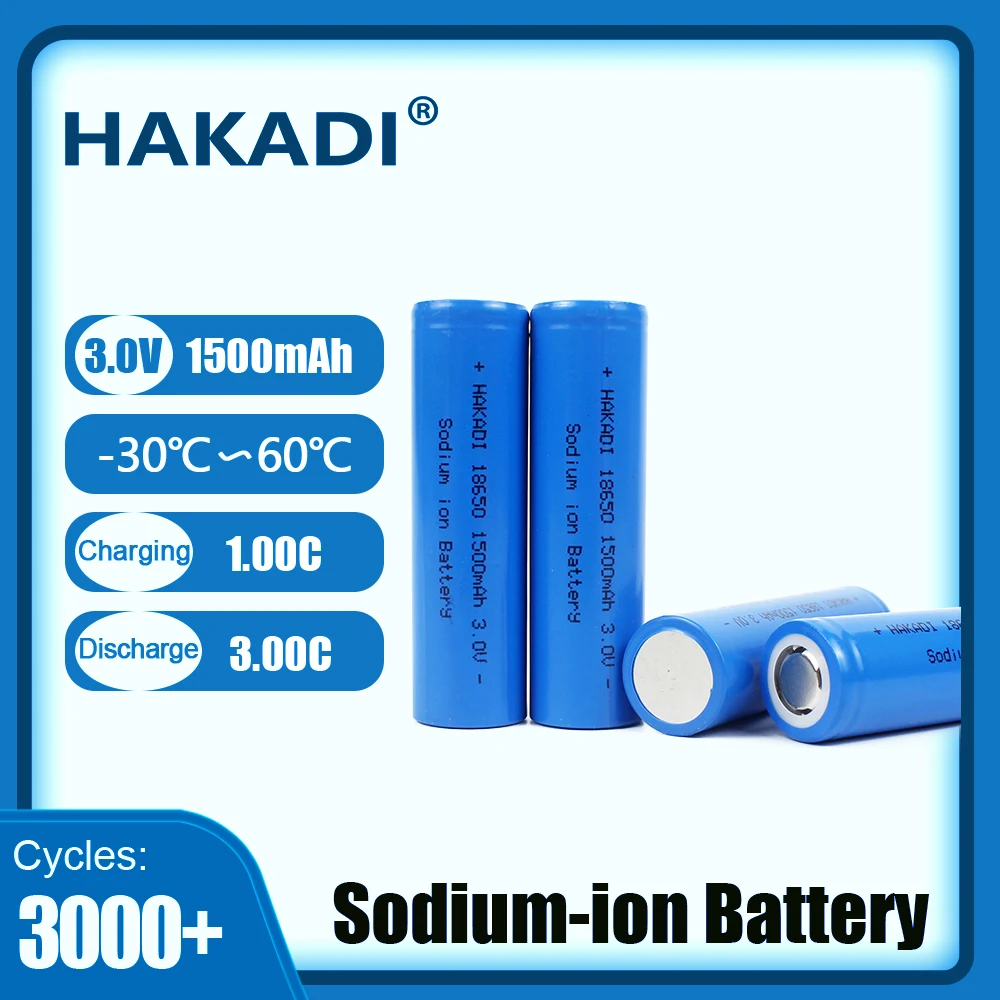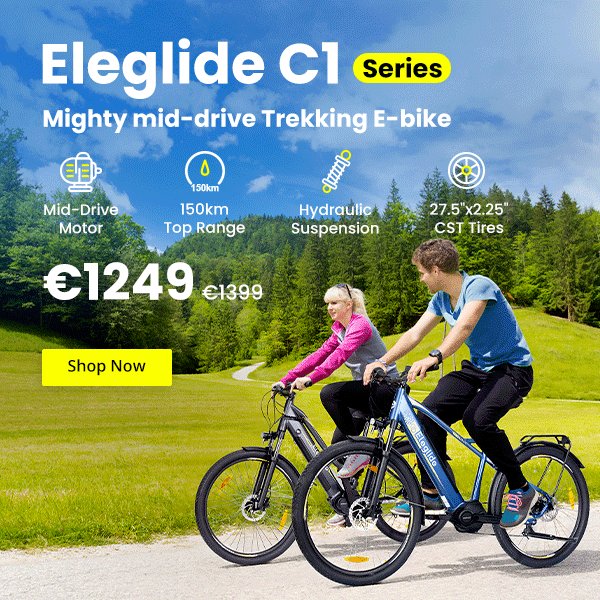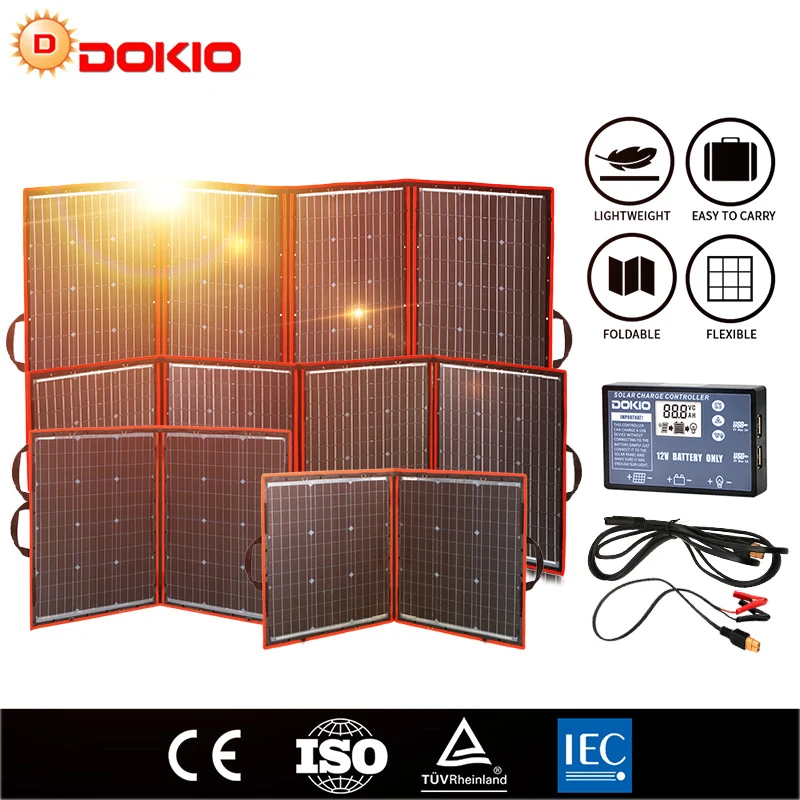Starting to arrive at dealers in China with a pre-sale price range between 212.800 and 289.800 yuan (31.482 and 42.874 euros) the BYD Seal is a game changer. Technology-wise, it’s my favorite electric car, by far, leaving the awesome Kia EV6 in a distant second.
With this electric car BYD introduces for the first time a 800-volt battery that is also structural and replaces the floor of the car.
Let’s see some details of the three available variants.
Standard range version
- Length: 4.800 mm
- Wheelbase: 2.920 mm
- Width: 1.875 mm
- Height: 1.460 mm
- Weight: 1.885 kg
- Motor: 150 kW and 310 Nm
- Acceleration: 0 to 100 km/h in 7,5 seconds
- Battery capacity: 61,44 kWh
- Battery configuration: 192s1p (my estimation is 192 cells of 100 Ah all connected in series)
- Battery weight: 437 kg
- Battery energy density: 140,6 Wh/kg
- Drag coefficient: 0,219 Cd
- Range: 550 km in CLTC (probably around 430 km in WLTP)
- Fast charging: 30 minutes from 30 to 80 % at 110 kW
- MIIT code: BYD7006BEVA
- Starting price: 212.800 yuan (31.482 euros)
Long range version
- Length: 4.800 mm
- Wheelbase: 2.920 mm
- Width: 1.875 mm
- Height: 1.460 mm
- Weight: 2.015 kg
- Motor: 230 kW and 360 Nm
- Acceleration: 0 to 100 km/h in 5,9 seconds
- Battery capacity: 82,56 kWh
- Battery configuration: 192s1p (my estimation is 192 cells of 135 Ah all connected in series)
- Battery weight: 558 kg
- Battery energy density: 148 Wh/kg
- Drag coefficient: 0,219 Cd
- Range: 700 km in CLTC (probably around 550 km in WLTP)
- Fast charging: 30 minutes from 30 to 80 % at 150 kW
- MIIT code: BYD7006BEVA2
- Starting price: 262.800 yuan (38.852 euros)
Performance AWD version
- Length: 4.800 mm
- Wheelbase: 2.920 mm
- Width: 1.875 mm
- Height: 1.460 mm
- Weight: 2.150 kg
- Motor: 390 kW and 670 Nm
- Acceleration: 0 to 100 km/h in 3,8 seconds
- Battery capacity: 82,56 kWh
- Battery configuration: 192s1p (my estimation is 192 cells of 135 Ah all connected in series)
- Battery weight: 560 kg
- Battery energy density: 147,4 Wh/kg
- Drag coefficient: 0,219 Cd
- Range: 650 km in CLTC (probably around 500 km in WLTP)
- Fast charging: 30 minutes from 30 to 80 % at 150 kW
- MIIT code: BYD7006BEVA1
- Starting price: 289.800 yuan (42.874 euros)
Now it’s time for some observations…
Curiously, the BYD Seal and the BYD Han EV have the same wheelbase (distance between the centers of the front and rear wheels), but the latter is 180 mm longer. Meaning that the BYD Seal uses its interior space more efficiently than its older relative.
Fast charging times and rates seem acceptable, but I was expecting a bit better from a 800-volt system.
The battery energy density isn’t as good as the long range version of the BYD Yuan Plus, which reaches 150 Wh/kg. I speculate that the reason behind it, is that the structural battery needs to be made a lot stronger and this results in extra weight at the pack level. However, with the CTB (cell to body) technology BYD saves weight and cost overall, since the module-less battery pack basically replaces the floor of the vehicle.

Anyway, the BYD Seal will be named as Atto 4 on foreign markets and should be heading to Australia before Europe.
If BYD manages to produce enough units, the BYD Seal could be a great alternative to the Tesla Model 3. One million units a year would be a reasonable mid-term goal, considering all the car factories BYD currently has under construction…
What do you think?
More info:
https://carnewschina.com/2022/07/08/byd-seal-arrived-at-dealers-in-china-price-starts-at-31700-usd/

